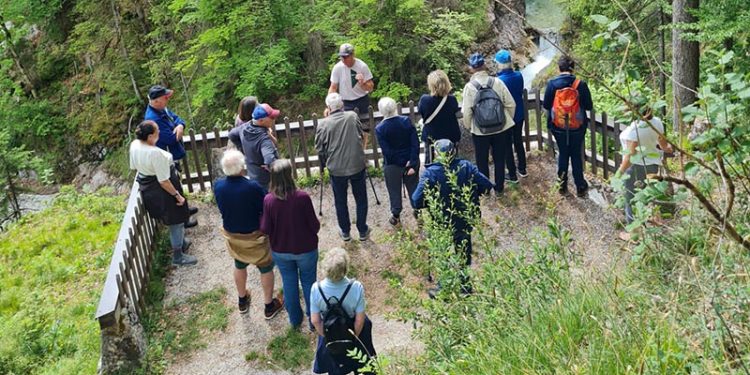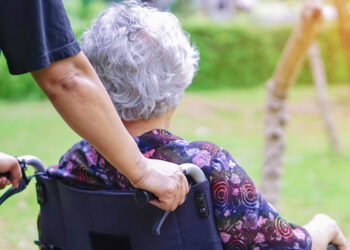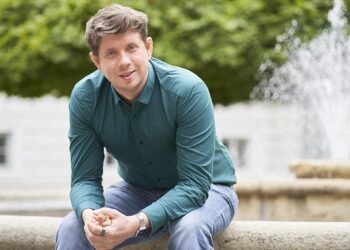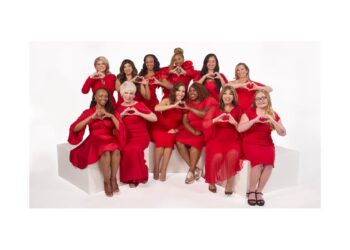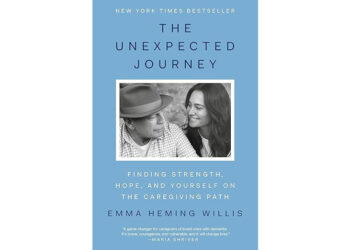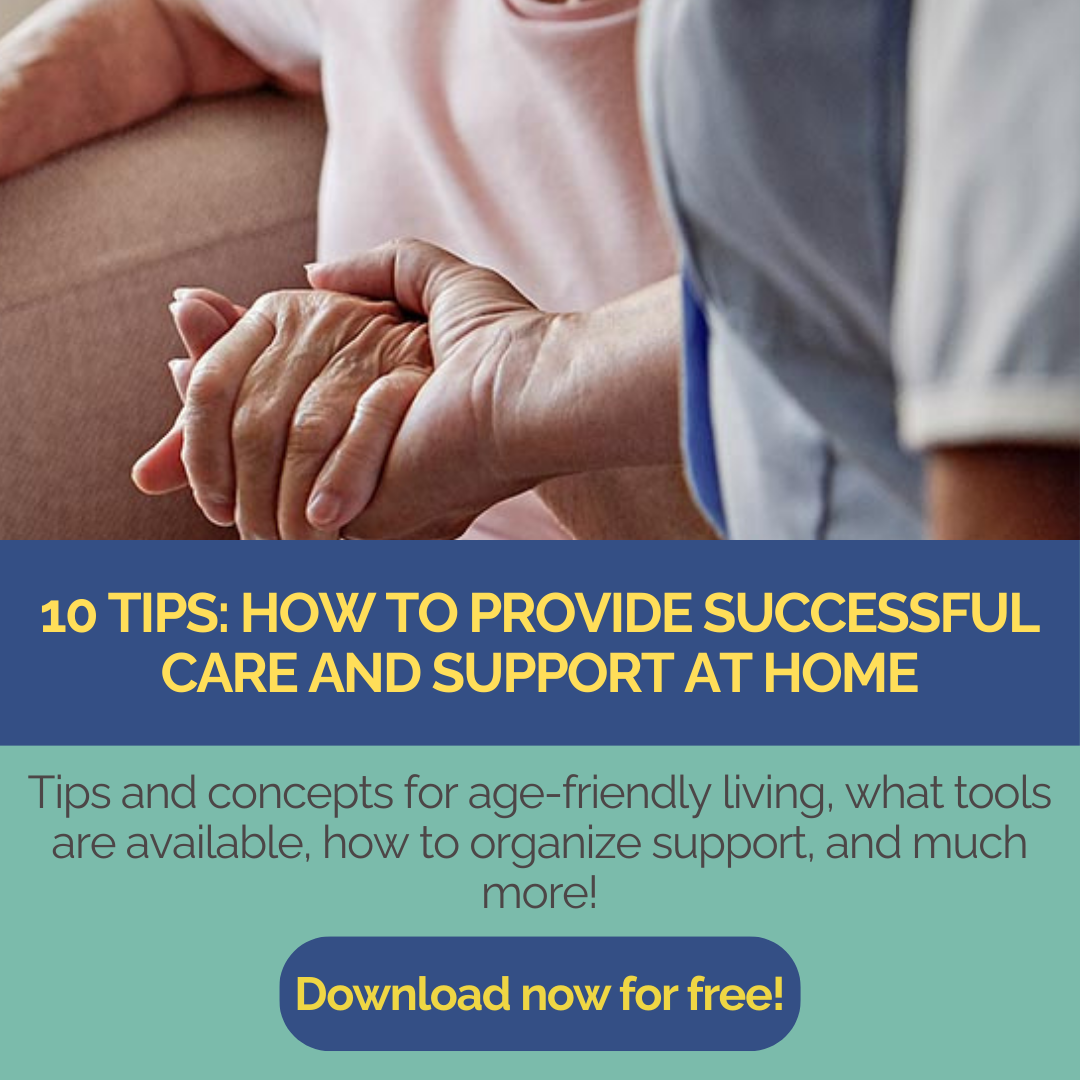Dieser Beitrag ist auch verfügbar auf:
Deutsch
Caregiving is often a 24-hour job. When a loved one suffers from dementia, everyday life changes for everyone involved. What remains is the responsibility, what is often missing is a break. This is precisely where the unique and now even TÜV-certified offering of MAS Alzheimerhilfe comes in: Vacation with dementia. A week that brings much-needed relief to those affected and their relatives – without separation.
A pioneering idea with high relevance
The idea came from chairwoman Felicitas Zehetner: When she was caring for her husband with dementia in the 1990s, she realized how much relatives often feel left alone. Together with Edith Span, she started MAS Alzheimerhilfe in Upper Austria after her husband’s death in 1997. Just three years later, the first vacation week for people with dementia took place in Bad Ischl. “Back then, the topic was still very taboo. Many families were ashamed and subsequently withdrew,” recalls Ursula Kienberger, who took part in the first MAS Alzheimer’s vacation as a young girl and now runs this vacation offer together with her team.
Today, 25 years later, the initiative has already organized 88 vacation weeks and given almost 1,000 families a much-needed break. The format has proven its worth: Relief for the caring partner even without separation – a week at the Eurothermenresort Bad Ischl, for those affected and their relatives together.
During the day, those affected are cared for from specially trained and experienced MAS dementia trainers while their relatives can recover, relax and recharge their batteries. Kienberger: “Many participants tell us that they were able to sleep properly again for the first time.”
A large team consisting of MAS dementia trainers, students from the social work school and nursing school, a psychologist, a social worker and a care team from a care agency contribute to a relaxed and successful week’s vacation. The MAS dementia trainers design the daily routine individually: Together with the registration, the families receive a questionnaire in advance in order to be able to respond to special needs and abilities.
“In the morning from 9 am to 12.30 pm and in the afternoon from 3 pm to 6 pm, our MAS dementia trainers look after, support and challenge those affected. During this time, relatives can do things in peace and quiet that they normally don’t have time for. For example, they can go shopping or for a walk, or enjoy a visit to the hairdresser” explains Kienberger, adding, “We are accommodated in a wonderful spa where they can really relax.” At the same time, relatives can rest assured that their partner is well looked after. MAS Alzheimerhilfe also offers a separate program for relatives – such as specialist lectures, 2 massages per week and discussion groups. A joint excursion rounds off the vacation program.
“I am not alone”
The offer is aimed at those affected who can cope with everyday hotel life and do not yet require a care bed. The hotel is not only barrier-free, but also accessible for walkers and wheelchairs. Kienberger emphasizes: “We are completely normal guests – that is important to us. We don’t want to create a special world, we want to show it: People with dementia belong in the middle of society.” This social dimension is a central component of the concept.
The focus is on relaxation for relatives, says Kienberger: “We don’t offer a classic care week, but a vacation. With everything that goes with it: Relaxation, conversations, normality.” The exchange with other affected people is particularly valuable for many relatives. “Friendships often develop that last for years. You realize: I’m not alone with this challenge.”
“What happens if you are no longer available as the most important person in their life? That’s why it’s so important to take care of yourself too.”
In addition, relatives often put themselves and their needs in the background: The focus is on those affected and their specific needs. It is important that family caregivers manage their energy and also keep an eye on their health. Kienberger: “Because what happens if you are no longer available as the most important person in their life? That’s why it’s so important to take care of yourself too. We also strongly advise people to build up a network around themselves – to relieve the burden, but also to be able to fall back on in an emergency.”

The cost issue – and the desire for political support
The numerous positive responses show that the vacation is effective. Despite the success and the topicality of the issue, there is one major challenge: Funding. “It hurts when we hear from families that they would like to accept our offer but can’t afford it,” says Kienberger. MAS Alzheimerhilfe would therefore like the service to be recognized as a health measure. “We would like support via the care fund or as a form of treatment. Because this vacation helps to maintain care at home – and that saves the system money in the long term.”
Because a vacation with dementia is more than just a time-out. It is an offer that combines dignity, community and relaxation. Kienberger: “At the end of the week, many people say: ‘That was the best time I’ve had in years. That’s exactly what encourages us to keep going.”
More information about MAS Alzheimerhilfe & booking:
www.alzheimerhilfe.at
MAS Alzheimerhilfe offers low-threshold contact points in Upper Austria and helps to clarify a diagnosis free of charge and without obligation.
In addition to training for trainers, there is also support for those affected and their relatives: Thanks to their many years of experience, the counselors provide guidance, including referrals to specialists throughout Austria. And on the website you will find the Austria-wide contact details of dementia trainers who can help you cope with everyday life.
MAS Alzheimer Academy:
The MAS Alzheimerakademie trains individuals and institutions throughout Austria. The certified MAS dementia trainer course consists of 8 modules. In just 5 modules, employees of institutions / facilities are made fit for dementia directly on site through the certified MAS Active Trainer training.
Further information can be found at www.alzheimerakademie.at and from the training manager Katharina Muhr(alzheimerakademie@mas.or.at, 0043 6132 / 21410-18).
MAS Alzheimer’s vacation:
You can find more information on the website: https://www.alzheimerhilfe.at/alzheimerurlaub/#urlaub-content
If you have any questions, please contact Ursula Kienberger:
alzheimerurlaub@mas.or.at and 0043 (0)664 / 529 0 576.
Credits Portrait Ursula Kienberger/YouTube Video: MAS Alzheimerhilfe
Author: Anja Herberth
Chefredakteurin


